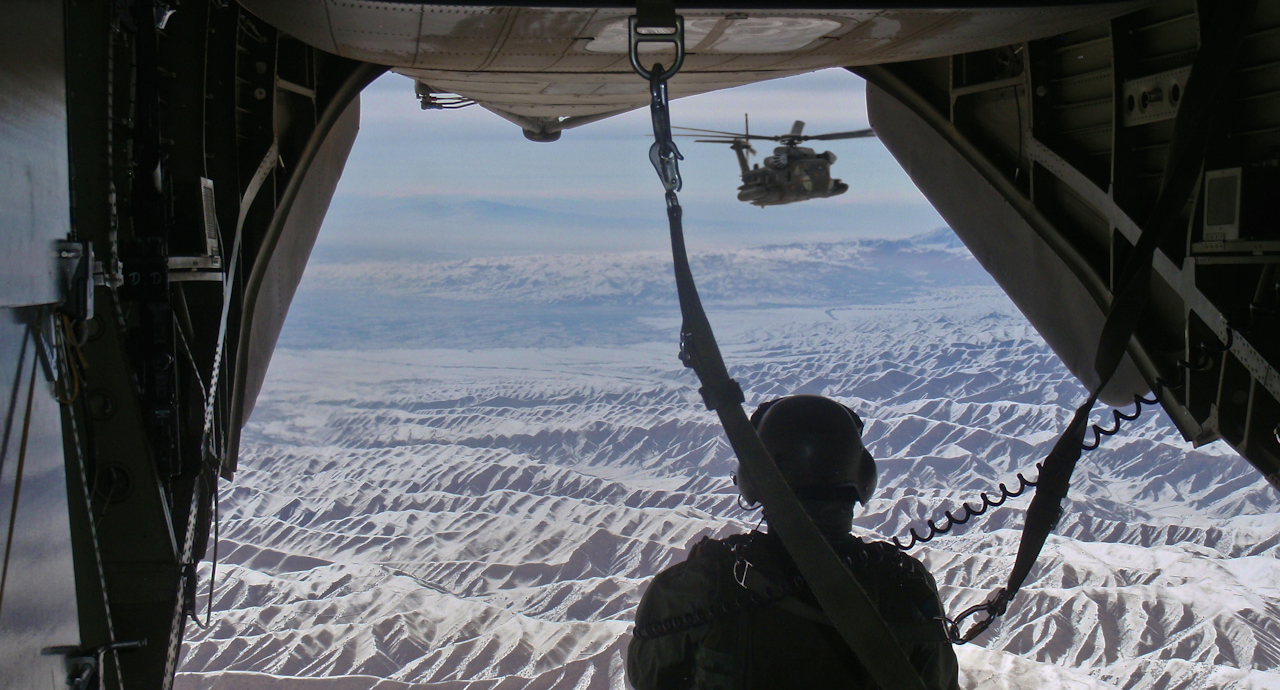Strategic Culture, Securitisation and the Use of Force
The responses of democratic states throughout the world to the September 2001 terrorist attacks have varied greatly. In his new book, Wilhelm Mirow analyses the various factors that had an impact on decisions on the use of force by governments of liberal democratic states.

The author seeks to explain differences in the security policies and practices of Australia, Canada, France, Germany and the UK regarding the war in Afghanistan, domestic counterterrorism measures and the Iraq War. He argues that the norms of a strategic culture shape securitisation processes of different expressions, which then bring about distinct modes of the use of force in individual security policy decisions. While governments can also deviate from the constraints of a strategic culture, this is likely to encounter a strong reaction from large parts of the population which in turn can lead to a long-term change in strategic culture.
